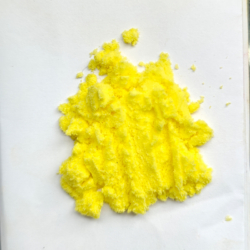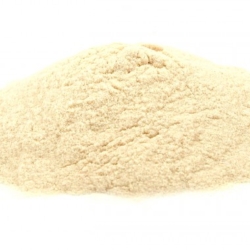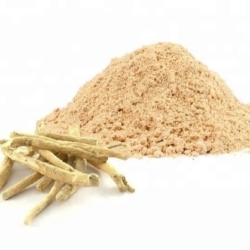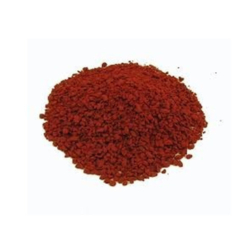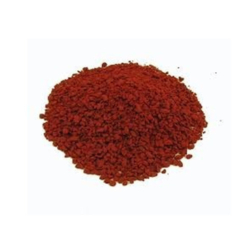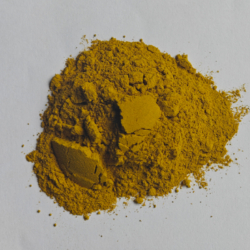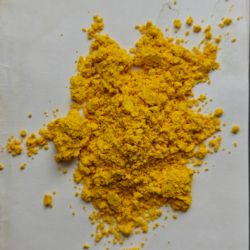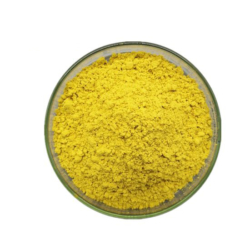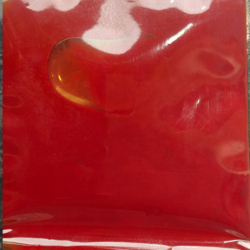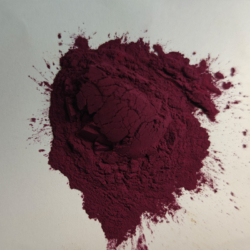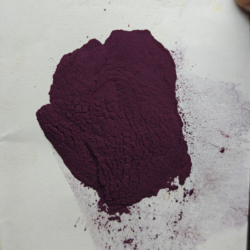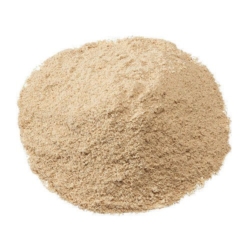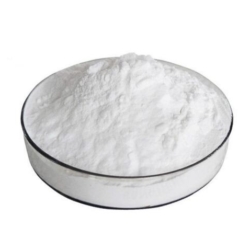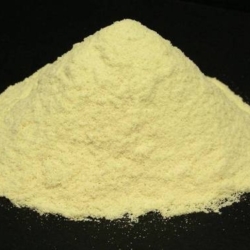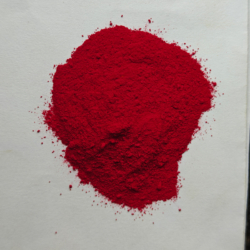Archives
Categories
- No categories
Sort By
Price
Tags
-
Get Quote
Aloe Vera
Aloe vera is a succulent plant species of the genus aloe. Having some 500 species, aloe is widely distributed, and is considered an invasive species in many world regions. An evergreen perennial, it originates from the arabian peninsula, but grows wild in tropical, semi-tropical, and arid climates around the world. It is cultivated for commercial products, mainly as a topical treatment used over centuries. The species is attractive for decorative purposes, and succeeds indoors as a potted plant.
It is used in many consumer products, including beverages, skin lotion, cosmetics, ointments or in the form of gel for minor burns and sunburns. There is little clinical evidence for the effectiveness or safety of aloe vera extract as a cosmetic or topical drug. The name derives from latin as aloe and vera (“True”). -
Get Quote
Ashwagandha
Withania somniferous, known commonly as ashwagandha, indian ginseng, poison gooseberry, or winter cherry, is an annual evergreen shrub in the solanaceae or nightshade family that grows in india, although thought to be useful as a medicinal herb in ayurveda and sold in many countries as a dietary supplement
-
Get Quote
Astaxanthin
Astaxanthin is a keto-carotenoid. It belongs to a larger class of chemical compounds known as terpenes (as a tetraterpenoid) built from five carbon precursors, isopentenyl diphosphate, and dimethylallyl diphosphate. Astaxanthin is classified as a xanthophyll (originally derived from a word meaning “Yellow leaves
-
Get Quote
Astaxanthin
Is a keto-carotenoid. It belongs to a larger class of chemical compounds known as terpenes (as a tetraterpenoid) built from five carbon precursors, isopentenyl diphosphate, and dimethylallyl diphosphate. Astaxanthin is classified as a xanthophyll (originally derived from a word meaning “Yellow leaves
-
Get Quote
Berberine Hcl
Berberine is a quaternary ammonium salt from the protoberberine group of benzylisoquinoline alkaloids found in such plants as berberis, such as berberis vulgaris (barberry), berberis aristata (tree turmeric), mahonia aquifolium (oregon grape), hydrastis canadensis (goldenseal), xanthorhiza simplicissima (yellowroot), phellodendron amurense (amur cork tree), coptis chinensis (chinese goldthread), tinospora cordifolia, argemone mexicana (prickly poppy), and eschscholzia californica (californian poppy). Berberine is usually found in the roots, rhizomes, stems, and bark.
-
Get Quote
Boswellia Serrata
Boswellia serrata is a plant that produces indian frankincense. It is also known as indian oli-banum, salai guggul, and sallaki in sanskrit.
-
Get Quote
Chondroitin Sulfate
Chondroitin sulfate is a sulfated glycosaminoglycan (gag) composed of a chain of alternating sugars (n-acetylgalactosamine and glucuronic acid). It is usually found attached to proteins as part of a proteoglycan. A chondroitin chain can have over 100 individual sugars, each of which can be sulfated in variable positions and quantities. Chondroitin sulfate is an important structural component of cartilage, and provides much of its resistance to compression. Along with glucosamine, chondroitin sulfate has become a widely used dietary supplement for treatment of osteoarthritis
-
Get Quote
Colostrum Bovine
Colostrum (known colloquially as beestings, bisnings or first milk) is the first form of milk produced by the mammary glands of mammals (including humans) immediately following delivery of the newborn.[3] most species will begin to generate colostrum just prior to giving birth. Colostrum has an especially high amount of bioactive compounds compared to mature milk to give the newborn the best possible start to life. Specifically, colostrum contains antibodies to protect the newborn against disease and infection, and immune and growth factors and other bioactives that help to activate a newborn’s immune system, jumpstart gut function, and seed a healthy gut microbiome in the first few days of life. The bioactives found in colostrum are essential for a newborn’s health, growth and vitality.

